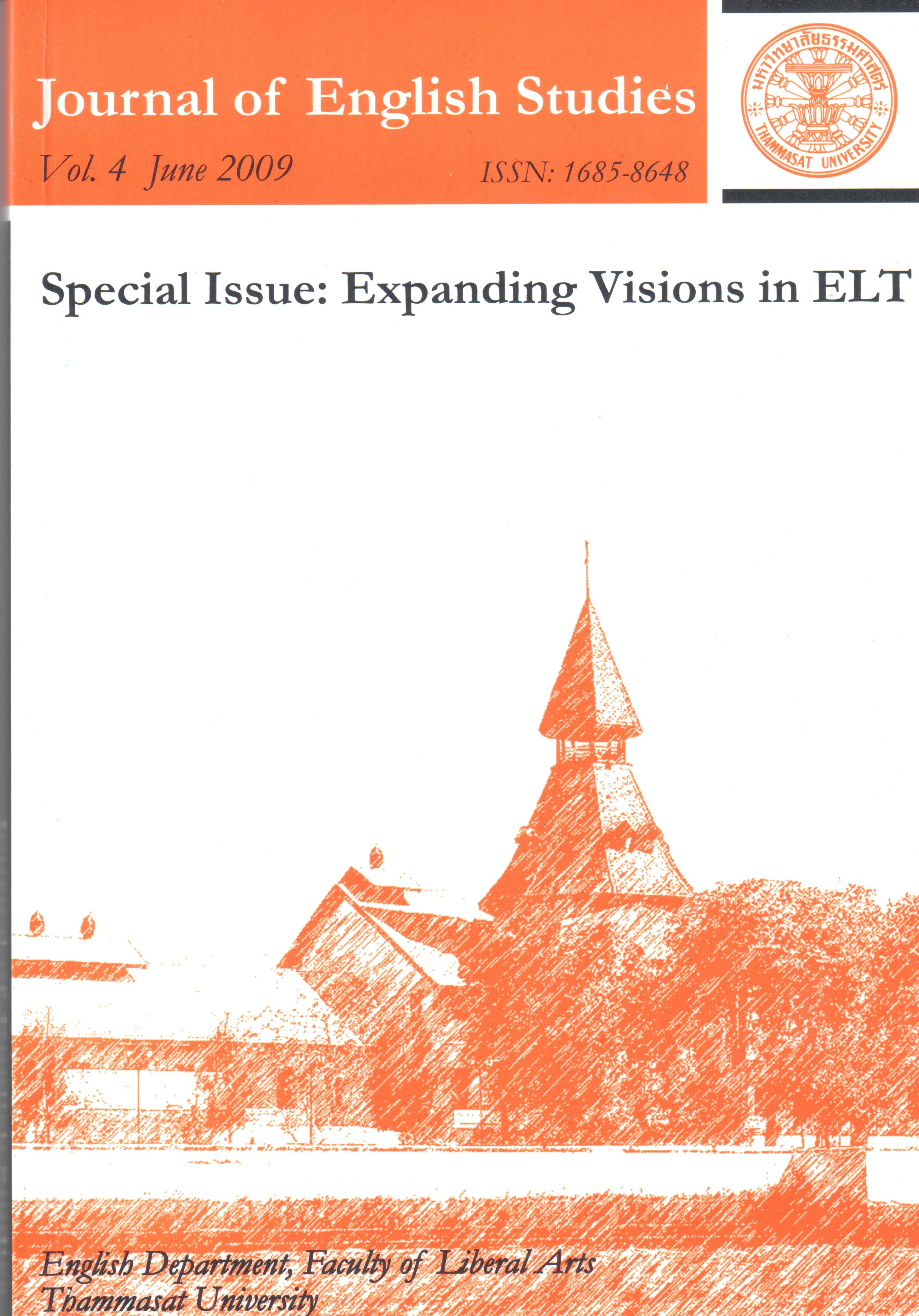Review Article : The Paradox of University EFL: A Liberal Arts Subject without Liberal Arts Content
Main Article Content
Abstract
This paper reviews the history, substance and importance of a liberal arts philosophy and content in Education including Greek, Roman, Renaissance and later development of the philosophy, up to recent debate and research on the issue. The writer argues that certain trends in EFL, in particular, learner-centred curricula, the idea of language proficiency and the expansion of ESP, have resulted in a paradox: a liberal arts subject without liberal arts content. It is argued that the benefits of a classical, if updated, liberal arts education remain vastly superior to what TEFL teachers are currently offering and that we ignore the educational thinking of some of the greatest minds of the last 2,500 years at our peril. It is questioned whether there is any coherent rationale behind this departure from a liberal arts philosophy and suggested that all TEFL educators reconsider liberal arts content and consequent lifelong benefits for the student.
Article Details

This work is licensed under a Creative Commons Attribution-NonCommercial-NoDerivatives 4.0 International License.
Authors who publish with this journal agree to the following terms: Authors retain copyright and grant the journal right of first publication with the work simultaneously licensed under a Creative Commons Attribution License that allows others to share the work with an acknowledgement of the work's authorship and initial publication in this journal. Authors are able to enter into separate, additional contractual arrangements for the non-exclusive distribution of the journal's published version of the work (e.g., post it to an institutional repository or publish it in a book), with an acknowledgement of its initial publication in this journal. Authors are permitted and encouraged to post their work online (e.g., in institutional repositories or on their website) prior to and during the submission process, as it can lead to productive exchanges, as well as earlier and greater citation of published work (See The Effect of Open Access).

